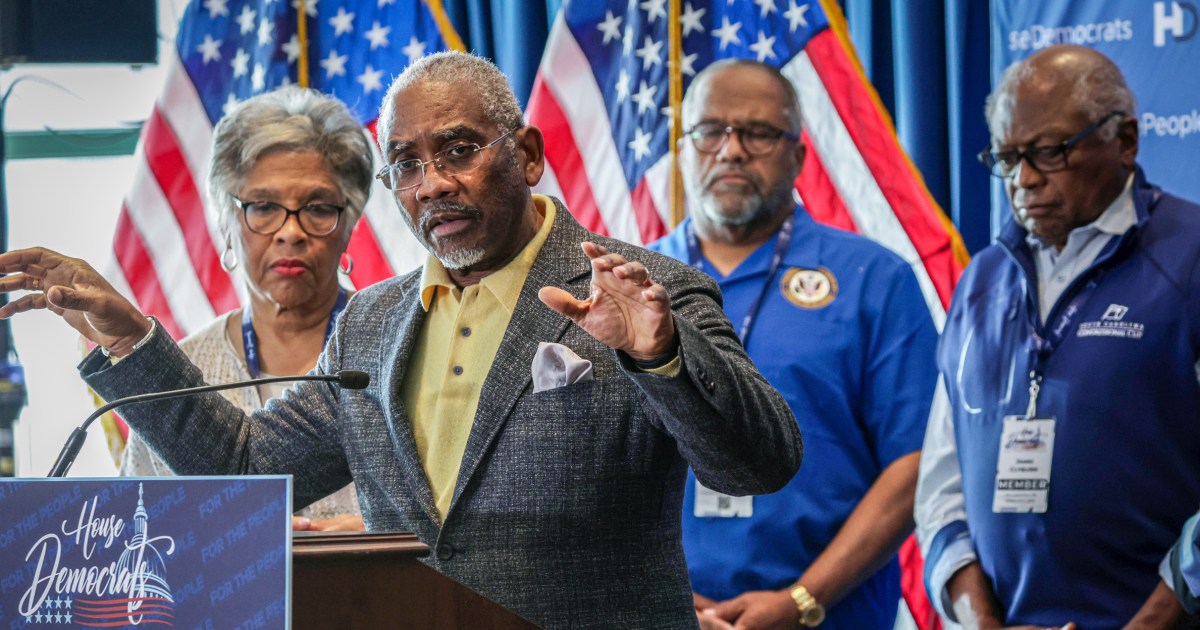Augusto Cesar Lendoiro took charge in 1988 and was the president who oversaw Depor’s glory years, but it was also under his stewardship the club racked up debts that by 2013 totalled more than 160m euros. Administrators insisted Lendoiro resign, or the club face insolvency. He did, but the economic burden remained.
In 2020, Spanish bank Abanca became the club’s majority shareholder. This summer, with head of Abanca Juan Carlos Escotet also becoming club president, Deportivo announced they were finally debt free, 24 years ahead of schedule.
The club also declared a strategic plan based on the pillars of financial consolidation, strengthening the academy, innovation and infrastructure and a “love for this city and its values”.
Benassi says the goal is to be “competitive in the present, but also ensure long-term success and viability”. There is work to do, Deportivo sit 19th in the 22-team second tier after 11 games, but they will not rush the process.
The club are working with Populous, architects of the Tottenham Hotspur Stadium, to build a new, state-of-the-art training centre while also refurbishing the current complex for the women’s team.
The focus is very much on finding and nurturing the best young talent in the area, collaborating with local schools and academies.
“It is fundamental for us,” says Benassi. “At the moment, almost 25% of players in the first team come from our academy.”
Benassi hopes the facilities and support Depor can provide will help the club retain their best young players. The Riazor, their home by the beach, is on a list of potential stadiums for the 2030 World Cup in Spain.
But there is also the appeal of “Deportivismo”.
“From a young age, the boys learn that Depor is something more than a club,” he explains. “It is a philosophy, it is a family.
“They are born her. That’s why we don’t want to lose the connection with the city, the values of the city, because if we can maintain that, we are sure all the players from here and the academy will always be Depor fans.”








